Why are we running this project?
Recent years have seen MSOs increasingly recognized as actors in social discourses. They advance participation among those with a background of migration and, in their diversity, constructively shape the development of German society. Equally, new types of migrant communities have formed on and with the help of social media. Huge networks and online spaces offering cultural resonance have sprung up across social media. Initiated and managed by members of the communities themselves, these take the form of Facebook groups, YouTube channels, WhatsApp group chats, and forums and can be found in a whole range of migrant languages of origin. These “new” MSOs not only maintain a diverse array of interactions with people in their countries of origin, but also with migrant communities in other countries.
At the same time, a number of “conventional” MSOs are trying to find a place on social media, and yet they face major hurdles in doing so. At present, there are still few points of contact or opportunities for exchange between the different structures to have emerged as a result of the rapid developments in digitalization.
What are our goals?
The project aims to explore the core effects of digitalization on an immigration society in a way that is both grounded in research and focused on impact. This should identify the opportunities and limiting factors for empowerment, integration, and sustainable participation for people with a background of migration. Over the course of the project, NexSM is seeking to build a platform that combines academic research and analysis with practical support for activists in MSOs and on social media, as well as across politics, administration, and civil society. The primary objective is to reach migrant self-organizations and people with a background of migration on social media. In addition, the project aims to initiate collaboration between these actors and key social institutions, both in Germany and internationally.
How does the project work?
NexSM plans to combine the following action points to achieve its aims:
1. Analysis: Consideration of how digitalization and technological change are developing and their ongoing impact on immigration societies and on the reality of migration models; how migrant communities are developing across social media.
2. Discourse: Expert talks and conferences to discuss and classify the results of the analyses and to tackle the issues in depth in the long term.
3. Education: Practical workshops and online tutorials for MSOs on digital methods and strategies for connecting with virtual community or diaspora networks.
4. Networking: Workshops and working groups to develop collaborative relationships between MSOs and key social media actors in the communities.
5. Publications: Online tutorials, practical guidelines, and a series of publications.
The project is planned to take place over a period of three years. The five action points – analysis, discourse, education, networking, and publications – will run in parallel for the project duration to promote positive feedback between the different activities, process what has been learned quickly and impactfully, and allow outputs on current insights from all areas.
Who organizes and supports the project?
La Red – Vernetzung und Integration e.V. is an association that aims to support migrants upon arrival in Germany as well as in their professional and social integration. La Red’s activities and projects encompass many areas of society that are relevant for new migrant integration.
Diverse, committed, and grounded in research: Minor – Projektkontor für Bildung und Forschung works with and for socially marginalized groups. Minor is active throughout Germany as well as internationally in research, program and project consulting, upskilling, networking, and model project development.


